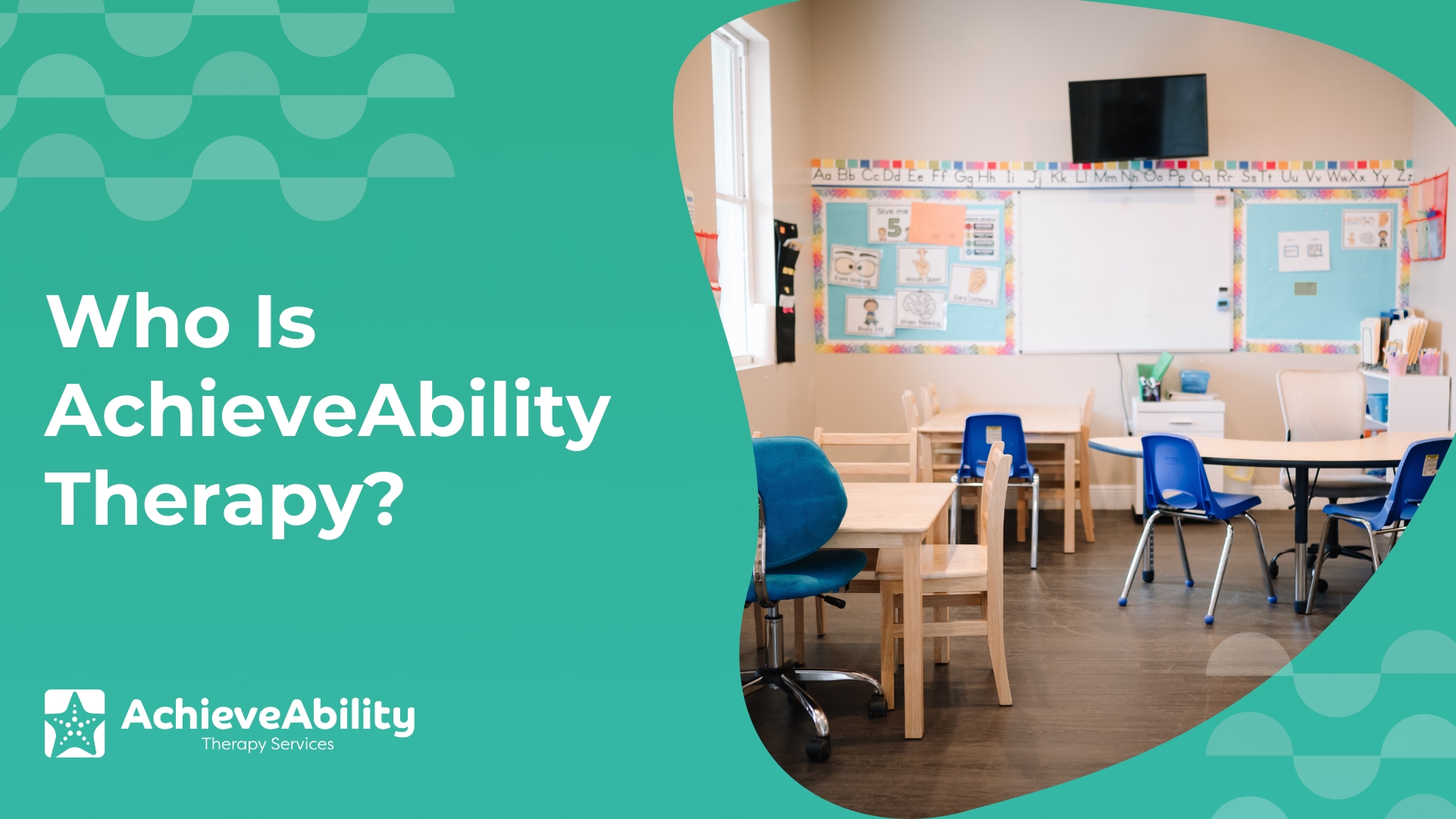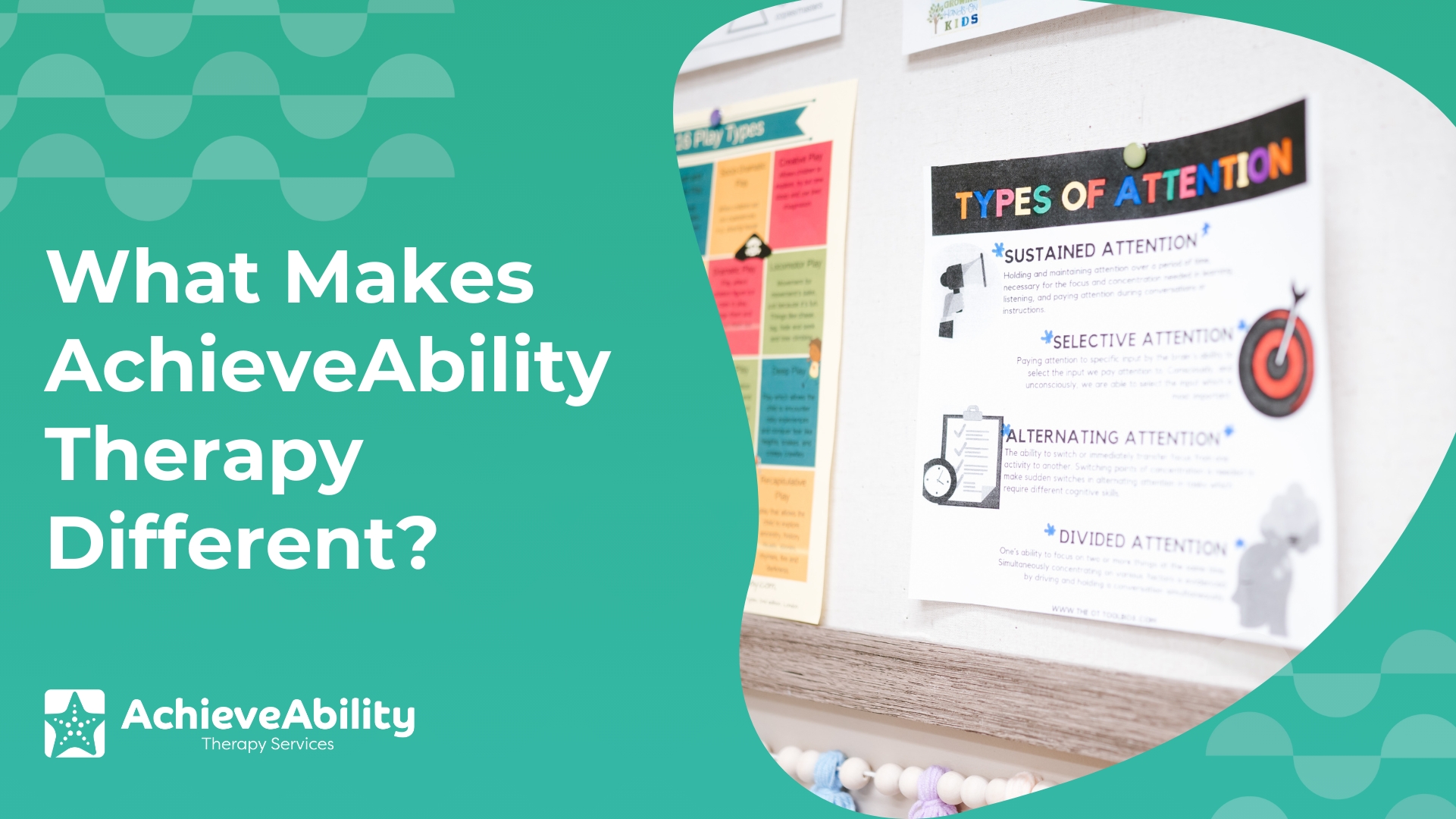Parenting is a mixture of beautiful moments and complex emotions. On one hand, we have so much love and great hopes for our children. On the other hand, many parents find that raising children triggers some of the fears and anxieties from our childhoods. We want our children to go out into a world where they are loved and cared for in loving and healthy relationships, so it can be disheartening when our children struggle to find playmates or are unsure how to break into social situations.
Remember that the appearance of play evolves depending on your child’s age. A two-year-old generally plays next to another child without interacting with them directly. It typically isn’t until the age of four that a child learns to play directly with others. Learning to play cooperatively is a developmental milestone, and just because your child hasn’t learned it doesn’t mean they won’t eventually.
If your child struggles to socialize because of their autism spectrum disorder diagnosis, we encourage you to consider child therapy to help them develop tools to build meaningful peer relationships. In addition to the benefits of child therapy, here are some things you can do at home to encourage your children to step up in social situations.
Provide Opportunities For Practice
Social skills, like any other skills, require practice and experience. Some children are innately more comfortable in social situations, which makes playing with others seem natural, but ultimately, they are acting out a behavior they’ve learned before. A great way to give your children practice exploring social situations is to take them to places where they will encounter other children.
Schedule a regular visit to a local playground where they can practice interacting with the kids in a familiar environment. Often, regular exposure to a situation will make it feel less scary. If your child has a friend they enjoy playing with, schedule regular play dates to give them plenty of opportunities to practice their social skills.
Set An Example
Our children take in a lot from their environments, including how we interact with the world around us. Allow your child to see you communicating with people in your environment and use examples they can apply to their lives. You may even prep them with conversation starters like “How are you today?” or “I really like the color of your shirt” or “Are you having a good day?”
Giving your child these go-to conversation starters and then demonstrating how to use them in real-life scenarios is an excellent tool for helping them develop play skills independently. You may also consider role-playing with your child where you act out, step-by-step, what they can do when they see a child they would like to play with. This will help them feel prepared to respond in any scenario.
Be A Safe Landing Place
Encourage your child and remind them they are loved no matter the outcome. All children, however easily social situations come to them, will have social successes and perceived social failures. Your job as a parent is not to protect them from ever experiencing failure but to be a safe place to go when their struggles make them feel sad or afraid.
As the saying goes, it takes a village to raise a child, and we see ourselves as a part of your family’s village. Every child is different and has different needs, and it’s impossible to imagine that every parent would be able to meet all of them. If you have a child who is struggling socially or needs help to understand how to play with their peers, we encourage you to consider child therapy. Regardless of your child’s diagnosis, the more resources you can provide as they develop, the stronger they’ll be. If you’d like more information about how to take advantage of our services, contact our office today.







